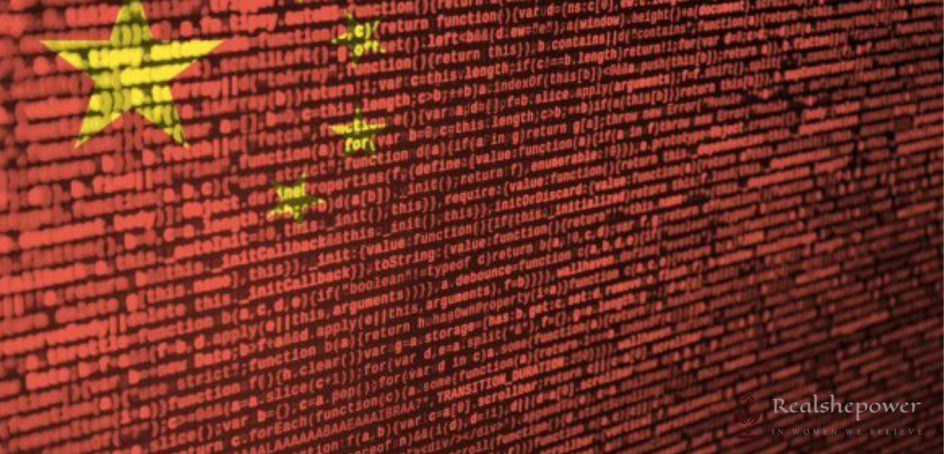The Dark Reality of China’s Social Media Crackdown


In today’s world, it seems that a lot of people are turning to social media in order to share their opinions and to express themselves. But in China, the government has access to everything posted on social media sites. One Chinese student in Canada recently found out how dangerous it can be for someone who posts something remotely critical of the state.
Dan (name changed), a Chinese student studying in Canada shared what he thought was just three posts on Twitter critical of Xi Jinping and government corruption. And yet, even three tweets became too much for him as he and his family began receiving messages from the police warning him to stop tweeting about politics. He wrote a detailed email to Joanna Chiu explaining the chain events.
Joanna is the reporter at Toronto Star and the author of the book “China Unbound: A New World Disorder.” She has examined China’s growing influence around the world, including in western countries, and its surveillance and human rights abuses that increasingly extend beyond its borders.
“Dear Joanna Chiu,
I am (Dan). I am from China. I just graduated from (a Quebec university). I hesitated for a whole night before deciding to write this email …
Now I am living in Canada, but I am living with fear from the Chinese government.”
Joanna’s article published in Toronto Star explains Dan’s (whose name was changed by her to protect his identity) chilling encounter with the Chinese police. Dan told Joanna that after arriving in Canada he slowly started adjusting to the new life. He opened a Twitter account, read about the world news and was surprised to see so many mandarin speakers on Twitter. From his Twitter account, he retweeted only three posts: the news that Nobel laureate and Chinese democracy advocate Liu Xiaobo had died, a short satirical video about President Xi Jinping, and a chart on levels of Chinese government corruption. He only RE-TWEETED.
Time passed and just as Dan got busy, his exploration of social media got put on the backburner. Dan also didn’t find any time to get involved in any political activities.
Dan’s father, who lives in China, called him unexpectedly to ask “Son, did you say something about the Chinese government on the internet?” The public security bureau called twice.
China’s public security bureaus are police stations that also oversee some migration matters. They sometimes work with the United Front Work Department to monitor Chinese nationals living abroad, though the Ministry of State Security secret police typically handles higher-profile cases.
The year before, in 2016, the CCP had added a new bureau to the United Front Work Department to ensure that certain professionals and returning overseas Chinese students acted in accordance with CCP objectives.
Shortly after Dan got the warning from his father, he was contacted on WeChat, a social media app. The police officer was able to send him messages and then followed up with a phone call. Dan confessed to Joanna that he was petrified after the call and kept wondering how can he, with only 2 followers on Twitter be a threat? How did the Chinese authority track him overseas?
Dan knew he had freedom of speech in Canada. But while he wasn’t sure what police could do to help his parents in China, he thought they would at least accept his report so that, if something happened, there would be a paper trail.
To read Joanna’s complete article click here.
